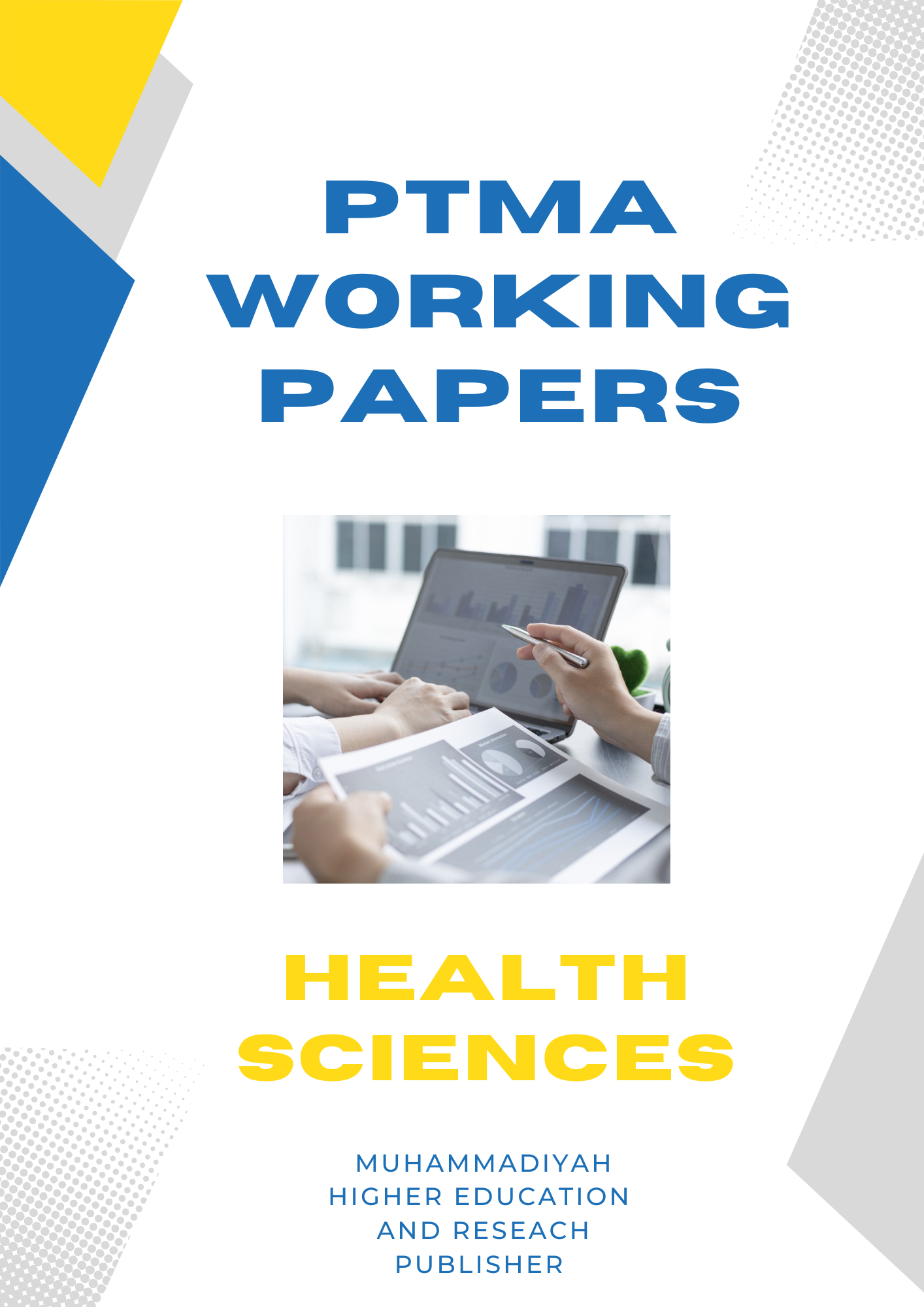Deconstructing the One Big Beautiful Bill: Reflections and Strategic Lessons for Indonesia
Keywords:
Health Policy, Social Protection, Medicaid Cuts, Universal Health Coverage, Health EquityAbstract
This article critically examines the One Big Beautiful Bill (OBBB), a major socio-economic policy initiative enacted in the United States in 2025 under President Donald Trump’s administration, and explores its broader implications and lessons for developing countries, particularly Indonesia. The OBBB package, while promoting permanent tax cuts and family incentives, also introduced significant reductions in healthcare subsidies and social welfare programs. Drawing on political economy frameworks and comparative policy literature, the article argues that such reforms reflect the politicization of fiscal policy, often prioritizing electoral gains over long-term equity and resilience. By incorporating empirical evidence from the U.S. and development policy research, the paper underscores the socioeconomic consequences of weakening public health infrastructure and neglecting inclusive budgeting processes. For Indonesia, this case offers strategic insights into avoiding similar pitfalls by reinforcing data-driven governance, investing in social infrastructure, and ensuring democratic accountability. The article concludes with policy recommendations grounded in international best practices and previous studies, advocating for adaptive reform strategies that align with Indonesia’s institutional context. Ultimately, this study contributes to a deeper understanding of how developing countries could learn from global fiscal experiments without replicating their shortcomings, thus promoting sustainable and equitable development.


